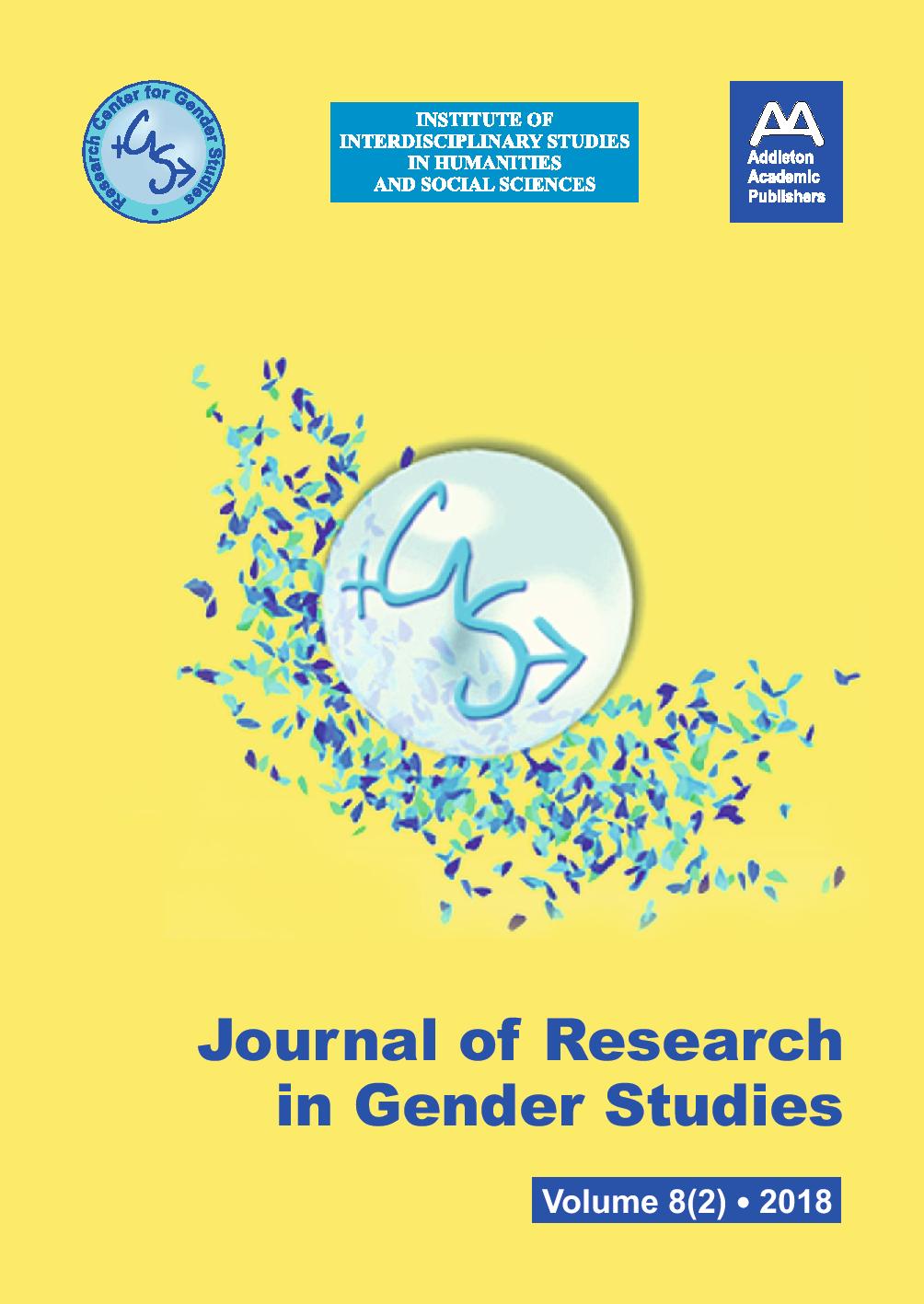BEYOND MASCULINITY, THE FEMALE GAZE, AND THE GREEK CRISIS: EXPLORING ATHINA RACHEL TSANGARIS’S CHEVALIER AND ITS PARTICULARIZING RECEPTION
BEYOND MASCULINITY, THE FEMALE GAZE, AND THE GREEK CRISIS: EXPLORING ATHINA RACHEL TSANGARIS’S CHEVALIER AND ITS PARTICULARIZING RECEPTION
Author(s): SOPHIE COAVOUXSubject(s): Gender Studies, Film / Cinema / Cinematography, Ethnic Minorities Studies
Published by: Addleton Academic Publishers
Keywords: cinema; gender; sexuality; masculinity; ethnicity; stereotype change;
Summary/Abstract: Greek cinema has been in the limelight of the international film world mainly from 2009, a date that coincided with the beginning of a new wave brought about by the rise of a new generation of filmmakers and the international success of their films, against the backdrop of the Greek economic crisis. Athina Rachel Tsangari is a key figure among those filmmakers, and her cinematic work is being identified by many as central in the so-called “weird wave of Greek cinema.” Recurrent and stereotypical dominant readings, especially Anglophone ones, assign to her highly acclaimed latest film Chevalier (2015) fixed multi-layered characterizations promoting a particularizing hermeneutics underpinned by a discourse of “foreignness” and “otherness.” According to those naturalizing essentialist conceptions, Chevalier is supposed to be necessarily Greek, “female gaze-oriented,” Greek crisis-labeled and weird. Using a point of view inspired by British cultural studies, this paper aims to investigate in a deconstructive manner this case study of “otherness building” transmitted through the dominant readings of the film related to intersectional power relations, including first gender and ethnic issues.
Journal: Journal of Research in Gender Studies
- Issue Year: 8/2018
- Issue No: 2
- Page Range: 144-168
- Page Count: 25
- Language: English
- Content File-PDF

